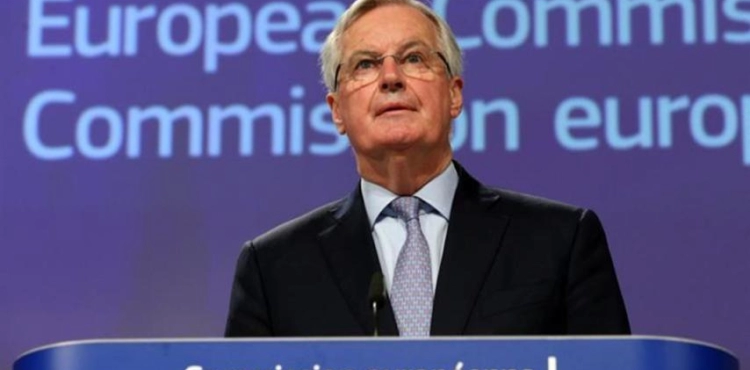The chief negotiator of the European Union over Priest Michel Barnier, in an interview with the British Times newspaper on Sunday, considered that "time is running out", warning the United Kingdom that "there will be no agreement" if London returned from its previous positions, before a crucial week for the fate of Britain´s exit from the European Union.
"The United Kingdom has taken a step back, two steps back, three steps back from the commitments it originally made," Barnier said just before resuming negotiations on Tuesday.
"We remember very well the text that we negotiated with Boris Johnson and we just want to respect it literally. Otherwise there will be no agreement," the European negotiator added.
The United Kingdom formally left the European Union on January 3131, but European rules remain in force during its transitional period that runs until December, which is a necessary deadline for a trade agreement between the two parties.
The talks are expected to resume on Tuesday after a previous round of negotiations in mid-May, without any progress. Barnier warned that "time is running out", as an extension request for this transitional period must be submitted before July 1.
But London showed no flexibility, and British negotiator David Frost said on Wednesday that there was no way to extend negotiations beyond the end of December, even if it ran the risk of a potentially "damaging failure" of the economy.
For Barnier, Brexit represents a "loss for both parties", but "if we do not reach an agreement, this will have more consequences added to that dire caused by the emerging Corona virus crisis," calling for "joint responsibility" between the European Union and the United Kingdom.
The European negotiator stressed that "reaching an agreement is in the interest of both parties", although the United Kingdom is the biggest loser if "no agreement is reached."
"We are much less vulnerable than them because only 7 percent of our exports go to the United Kingdom, while 47 percent of British exports go to the European Union," he said.
And in the absence of an agreement and an extension, the rules of the World Trade Organization will govern the exchange between the two parties, which will lead to the establishment of new trade barriers that will cost the importing companies from both sides huge costs in addition to the delay on the borders.












